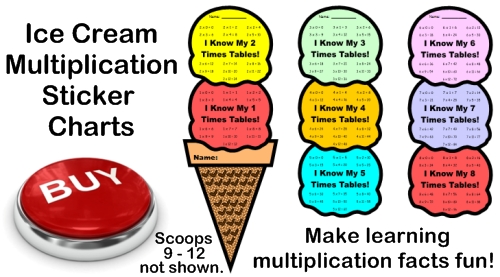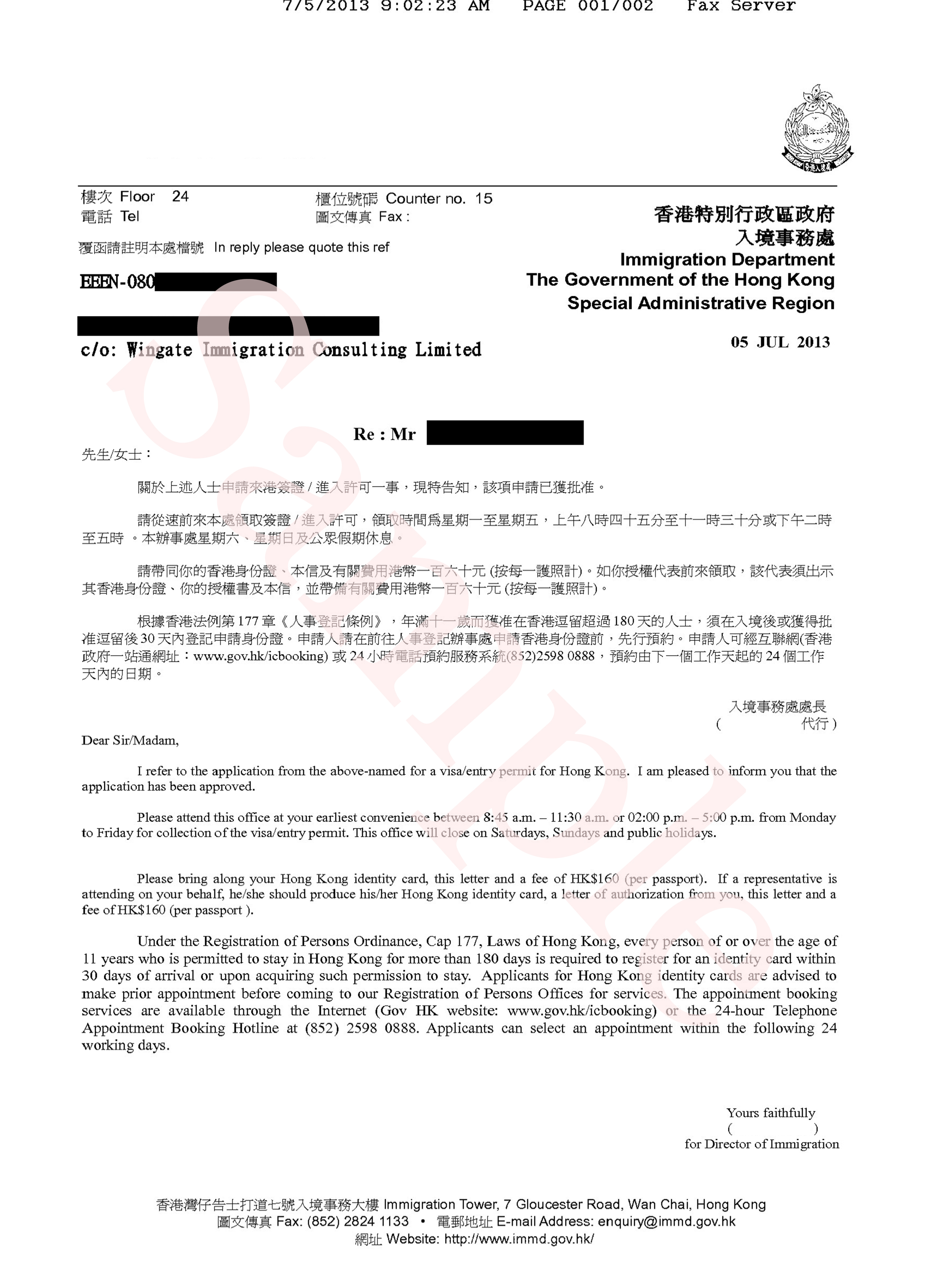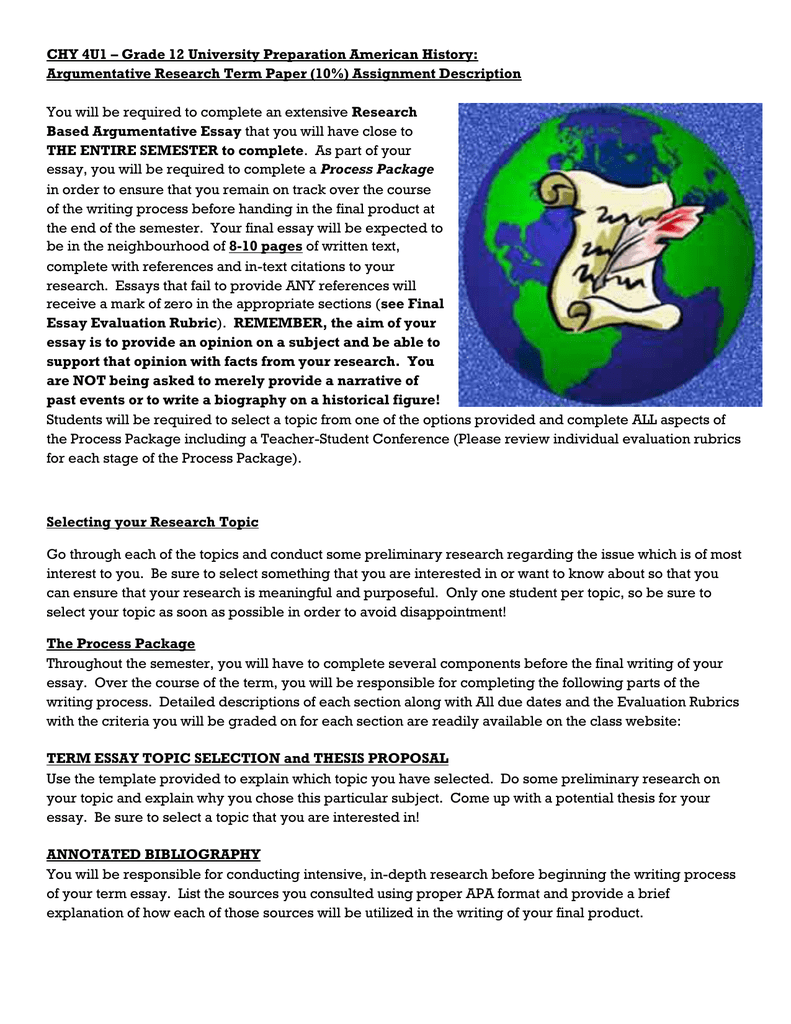SparkNotes: Essay Concerning Human Understanding.
John Locke in his Essay concerning Human Understanding restates the importance of the experience of the senses over speculation and sets out the case that the human mind at birth is a complete, but receptive, blank upon which experience imprints knowledge. Locke definitely did not believe in powers of intuition or that the human mind is.
Locke’s Essay Concerning Human Understanding. John Locke’s An Essay Concerning Human Understanding (1689) is an inquiry into the source and limits of human knowledge, and is an examination of the nature of belief, opinion, and faith. Locke explains how knowledge is gained from sensation and reflection, how knowledge is distinguished from belief or opinion, and how certainty of knowledge is.
Ideas that in themselves are not all of kin, come to be so united in some men's minds, that it is very hard to separate them; they always keep in company, and the one no sooner at any time comes into the understanding, but its associate appears with it; and if they are more than two which are thus united, the whole gang, always inseparable.
In education: John Locke’s empiricism and education as conduct. In An Essay Concerning Human Understanding (1690), Locke argued that ideas come from two “fountains” of experience: sensation, through which the senses convey perceptions into the mind, and reflection, whereby the mind works with the perceptions, forming ideas. Locke thought.
Other posts on the site.
This is the first of three volumes which will contain all of Locke's extant philosophical writings relating to An Essay Concerning Human Understanding, not included in other Clarendon editions like the Correspondence. It contains the earliest known drafts of the Essay, Drafts A and B, both written in 1671, and provides for the first time an.
New Essays on Human Understanding (French: Nouveaux essais sur l'entendement humain) is a chapter-by-chapter rebuttal by Gottfried Leibniz of John Locke's major work, An Essay Concerning Human Understanding.It is one of only two full-length works by Leibniz (the other being the Theodicy).It was finished in 1704 but Locke's death was the cause alleged by Leibniz to withhold its publication.
First published in 1689, John Locke's Essay Concerning Human Understanding is widely recognised as among the greatest works in the history of Western philosophy. The Essay puts forward a systematic empiricist theory of mind, detailing how all ideas and knowledge arise from sense experience. Locke was trained in mechanical philosophy and he.
Essays for An Essay Concerning Human Understanding. An Essay Concerning Human Understanding essays are academic essays for citation. These papers were written primarily by students and provide critical analysis of An Essay Concerning Human Understanding by John Locke. Locke’s Proof Against Innate Mathematical Knowledge.
In An Essay Concerning Human Understanding, first published in 1690, John Locke (1632-1704) provides a complete account of how we acquire everyday, mathematical, natural scientific, religious and ethical knowledge.Rejecting the theory that some knowledge is innate in us, Locke argues that it derives from sense perceptions and experience, as analysed and developed by reason.

















